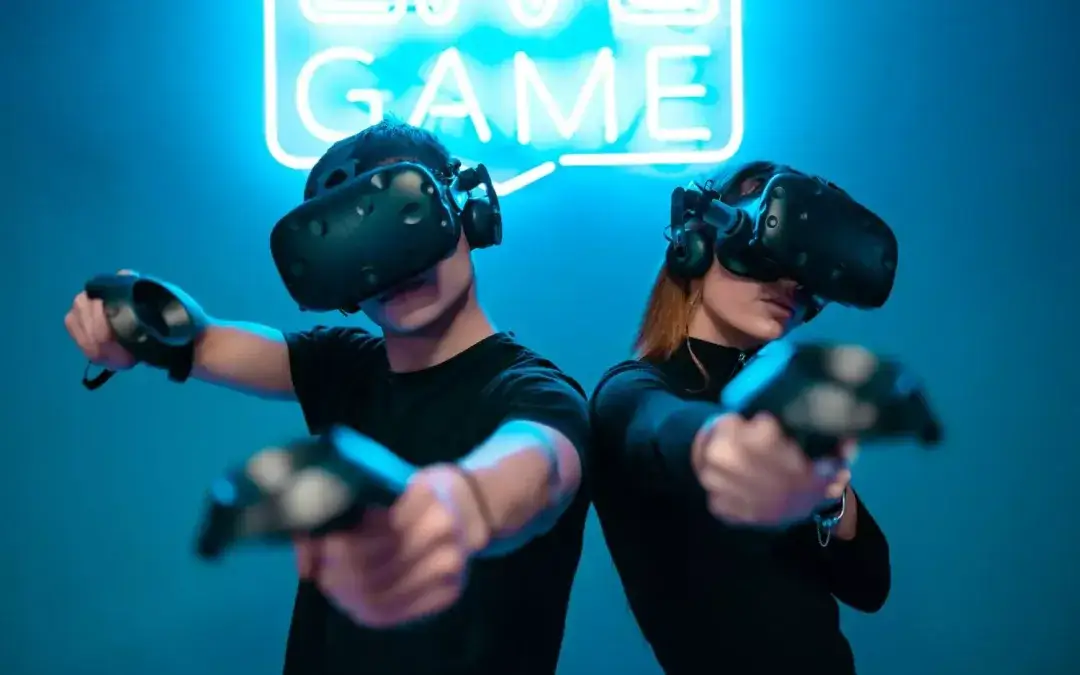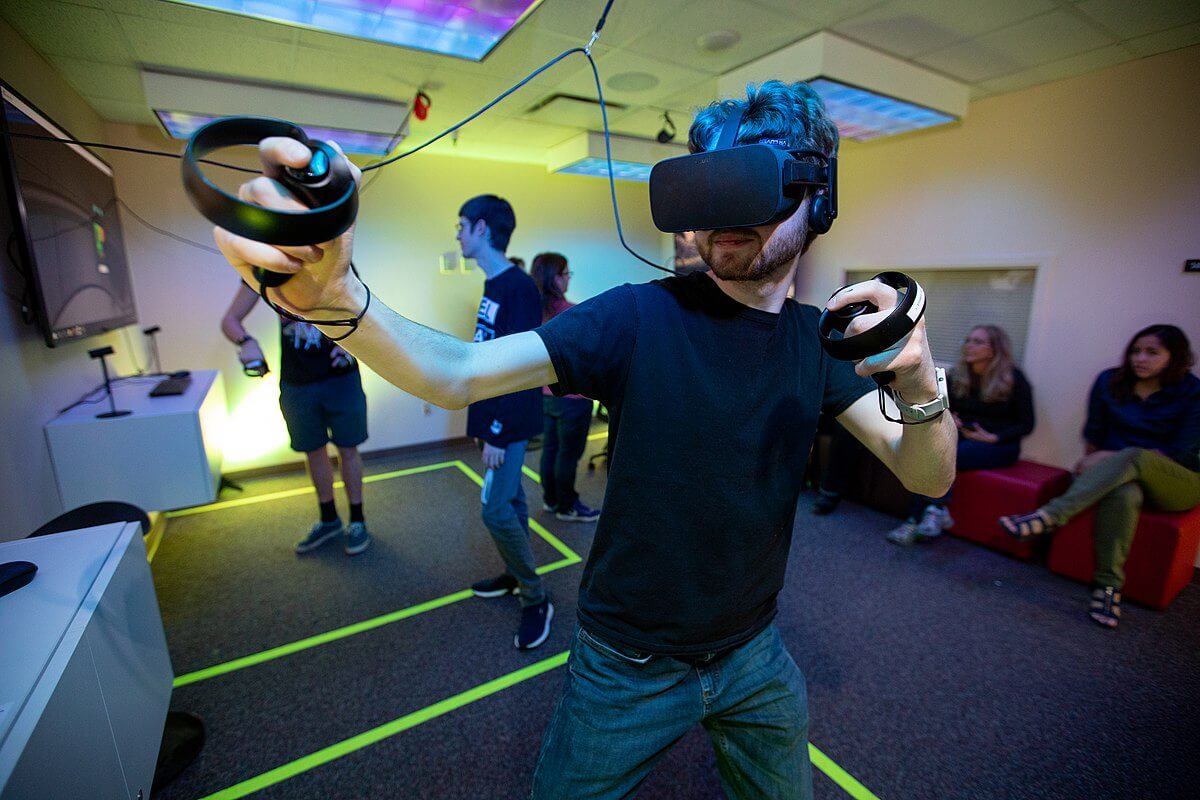In the rapidly evolving world of blockchain technology, staying updated with the latest trends and innovations is crucial. One of the most exciting developments in recent times is the integration of virtual reality (VR) into blockchain events, and it’s changing the way attendees experience conferences and expos.
Blockchain events have traditionally been hosted in physical venues, gathering enthusiasts, developers, investors, and industry experts under one roof. While these events have been invaluable for networking and knowledge sharing, they often presented challenges related to logistics, travel, and accessibility.
However, with the advent of VR technology, the blockchain event landscape is undergoing a significant transformation. Here’s why this combination is a game-changer:

1. Global Accessibility: With VR, attendees can join events from anywhere in the world. This global accessibility breaks down geographical barriers and ensures that knowledge and networking opportunities are democratized.
2. Immersive Experience: VR offers an immersive experience that goes beyond traditional webinars or video conferencing. Attendees can explore virtual conference halls, engage with 3D presentations, and interact with other participants as if they were physically present.
3. Cost-Efficiency: Virtual blockchain events often come at a fraction of the cost of physical attendance. This affordability allows a more diverse range of participants to join and benefit from the insights shared.
4. Sustainability: Hosting events in the virtual realm reduces the carbon footprint associated with travel and physical venues, aligning with the blockchain community’s commitment to sustainability and eco-friendliness.
5. Enhanced Networking: VR platforms for blockchain events come equipped with features like spatial audio, virtual handshakes, and customizable avatars, making networking more engaging and effective.

6. Security: Blockchain events often deal with sensitive topics, and VR platforms can provide enhanced security measures for attendees, safeguarding their privacy and data.
As more blockchain event organizers embrace VR technology, attendees can expect a revolution in how they participate in conferences, expos, and meetups. The ability to connect, learn, and collaborate in a virtual space is redefining the concept of global blockchain gatherings.
In conclusion, the integration of virtual reality into blockchain events is a trend to watch closely. It not only offers convenience and accessibility but also promises to enhance the overall event experience. As blockchain technology continues to evolve, so too will the way we engage with it, and VR is at the forefront of this exciting evolution. Stay tuned for more updates on this game-changing fusion of technology and events in the blockchain industry.









